#Charles Gounod
Text
Roméo et Juliette
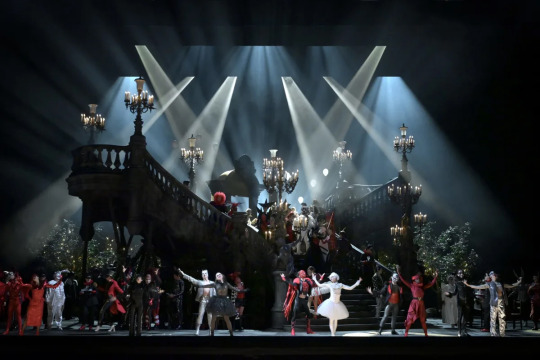
The Opéra de la Bastille in Paris (the Garnier's sister venue) is currently putting on a production of Gounod's opera "Roméo et Juliette" that has some serious Phantom vibes going on!
"Roméo et Juliette" is one of the major operas that are referenced in Gaston Leroux's novel. It is cited in two scenes: In Chapter 2 "The New Marguerite", Christine sings some pieces from the opera, including the final death scene ("Seigneur! Seigneur! Pardonnez-nous!", which are the last words of the opera). But the most memorable scene is probably when in Chapter 10, Erik comes for Christine singing the wedding-night song, "Nuit d'hyménée", from which the line "La destinée t'enchaîne a moi sans retour" (originally "m'enchaîne a toi") is quoted three times as Christine follows Erik through the mirror and leaves a baffled Raoul behind in her dressing-room.
For the staging in this new production, the grand staircase of the Palais Garnier has been recreated and serves as the central setpiece for the entire action. The opera also opens with a masked-ball scene, and even the costumes are reminiscent of the "white, black, red" colour scheme of the masked ball scene in Leroux.

Other design elements of the Palais Garnier - even the balcony scene takes place on a balcony that looks just like the ones in the Garnier's entrance hall!

I am super happy to see one of the "Leroux operas" being staged in such a Phantom-y fashion! Too bad I will not be able to see it :((...
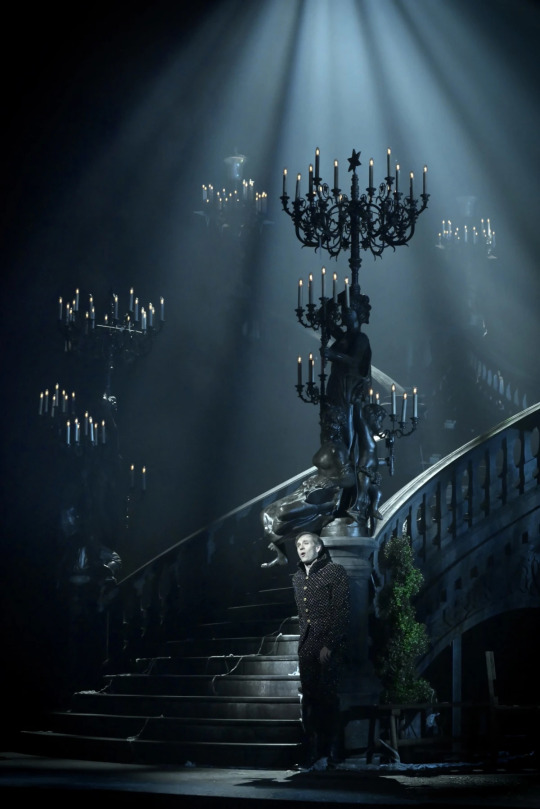
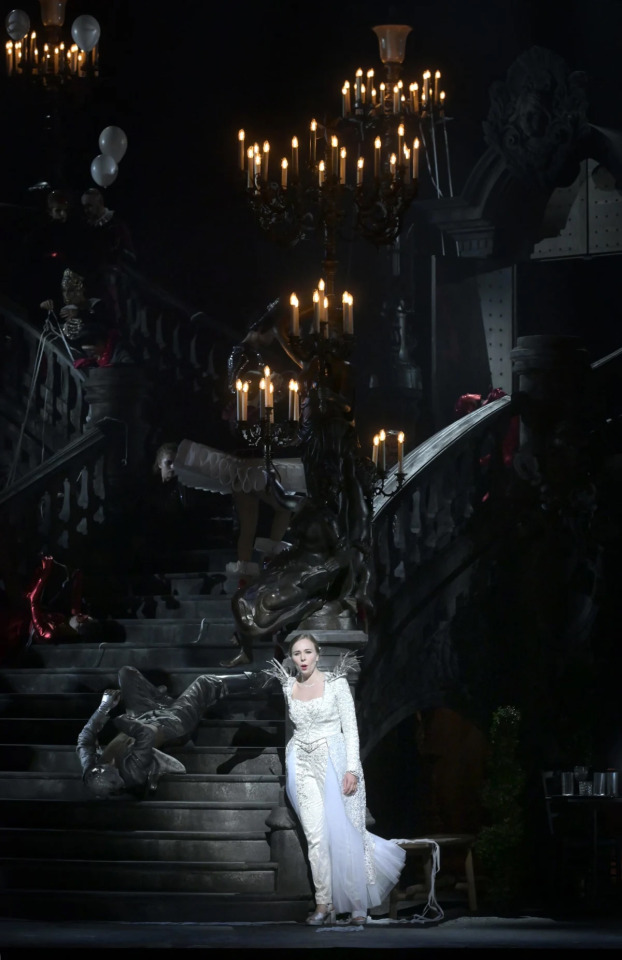
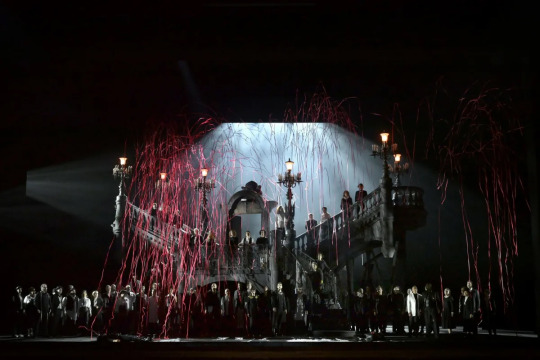
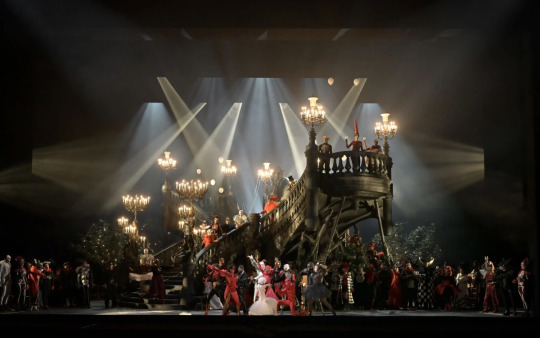
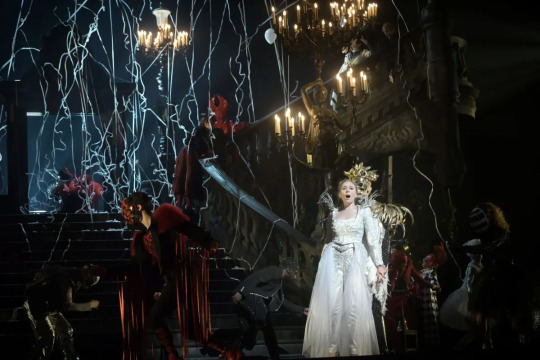

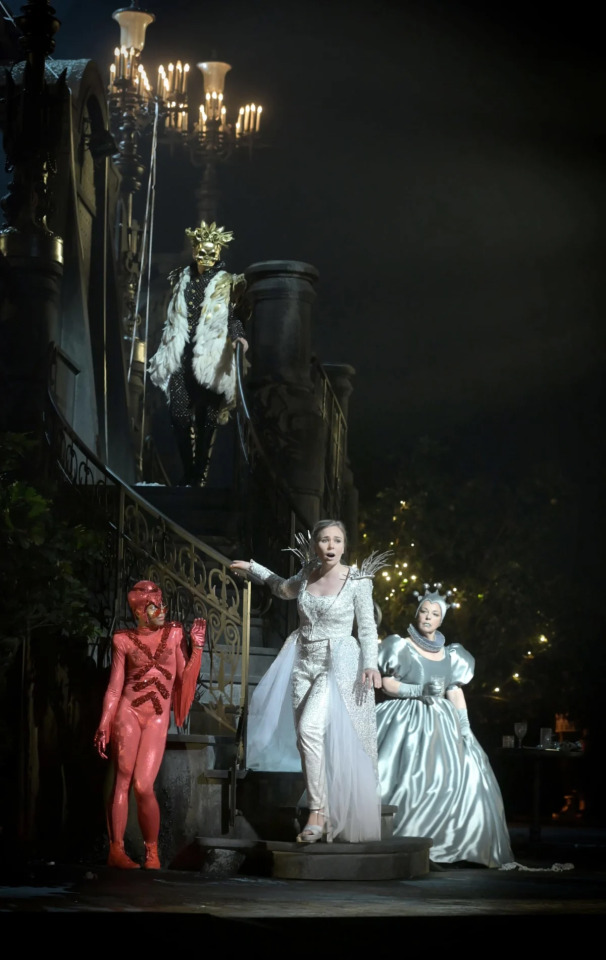
#phantom of the opera#leroux phantom#le fantôme de l'opéra#opera garnier#paris opera#erik x christine#romeo et juliette#phantom operas#charles gounod
190 notes
·
View notes
Text
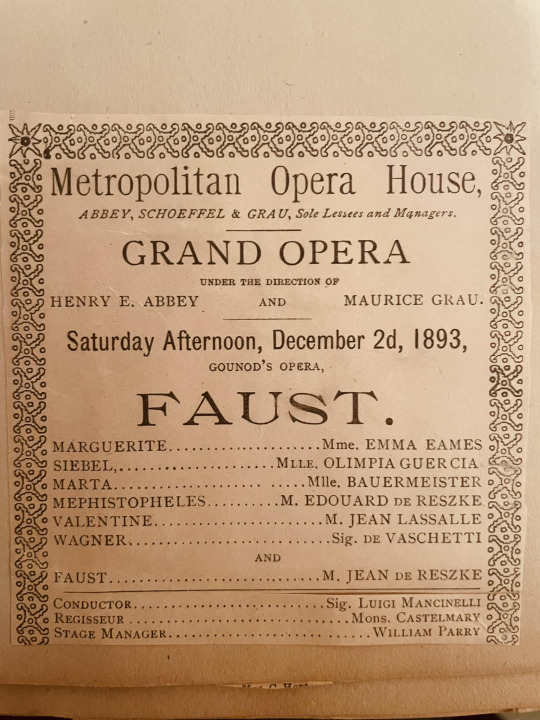
A performance of Gounod Opera „Faust“ at The Metropolitan Opera 1893.
#classical music#opera#music history#bel canto#composer#classical composer#aria#classical studies#maestro#chest voice#Charles Gounod#Faust#Metropolitan Opera#Met#Emma Eames#dramatic soprano#lyric soprano#soprano#Édouard de Reszke#bass#Jean-Louis Lassalle#baritone#Jean de Reszke#dramatic tenor#tenor#classiacal musician#classical musicians#classical history#history of music#historian of music
24 notes
·
View notes
Text
Charles Gounod (1818-93) - String Quartet "Petit Quatuor" in C-Major, CG. 561, IV. Finale: Allegro vivace. Performed by Quatuor Cambini-Paris on period instruments.
#charles gounod#romanticism#classical music#string quartet#strings#period performance#period instruments#quartet#chamber music#violin#viola#cello#violinist#violist#cellist
30 notes
·
View notes
Text
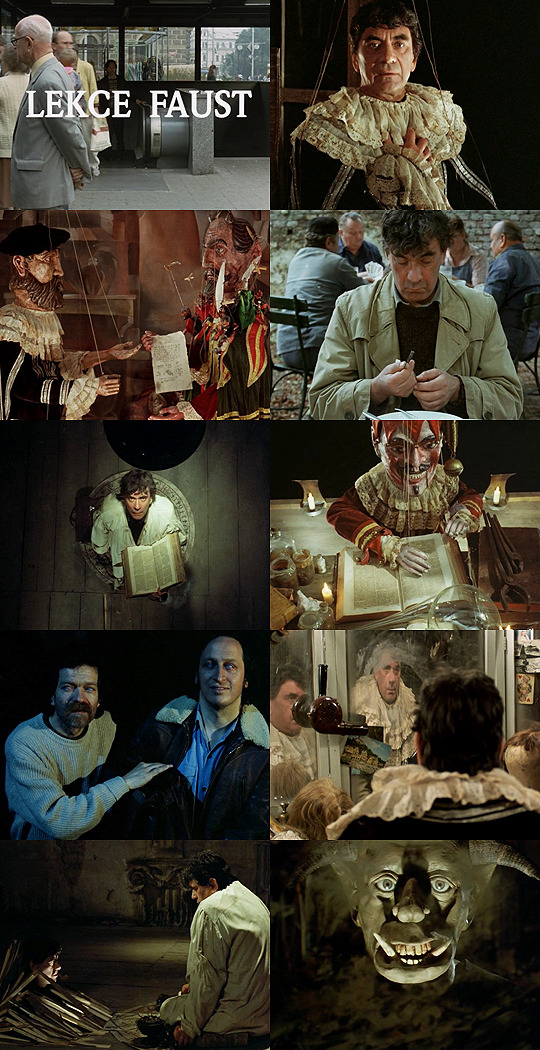
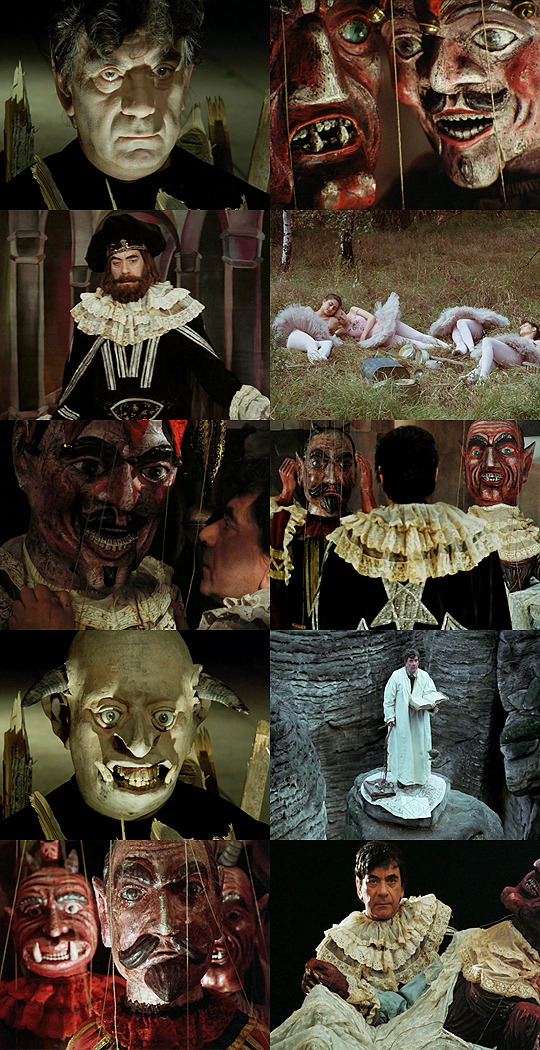
Films Watched in 2023:
108. Lekce Faust/Faust (1994) - Dir. Jan Švankmajer
#Lekce Faust#Faust#Jan Švankmajer#Petr Čepek#Jan Kraus#Andrew Sachs#Jiří Suchý#Doctor Faustus#Christopher Marlowe#Johann Wolfgang von Goethe#Charles Gounod#Films Watched in 2023#My Edits#My Post
49 notes
·
View notes
Text
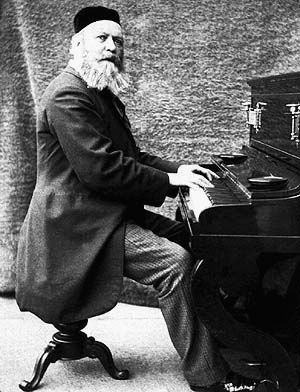
French composer Charles Gounod (1818-1893) at his piano, Gounod was most famous as a composer of operas. He wrote twelve, of which two remain in the twenty first century repertory. Faust (1859) and Roméo et Juliette (1867). He also composed a large amount of church music, many songs, and many popular short pieces - bon bons as they would be called by the public. The most famous of these musical sweets is including his 'Ave Maria' (an elaboration of a Bach piece) and 'Funeral March of a Marionette', as adopted in the mid-twentieth century by Alfred Hitchcock. Whilst relatively little of his music remains popular, his light romantic touch with composition can be heard though the music of French composers who followed him, Massanet, Debussy, and Faure.
24 notes
·
View notes
Text
bitches be like cant stand french opera
15 minutes later me and ghiaurov's recording of le veau d'or <3333
#literally couldnt care less about faust but mephisto's music slaaaaaaaaaaps#and ghiaurov puts his entire pussy into it#charles gounod#faust#opera tag#nicolai ghiaurov
10 notes
·
View notes
Text
youtube
Charles Gounod (1818-1893) - Petite Symphonie in B flat for 9 Wind Instruments - 2. Andante Cantabile (Andante, quasi adagio)
The Saint Paul Chamber Orchestra · Christopher Hogwood
3 notes
·
View notes
Text
incredibly niche but I’d love to see a production or adaptation of the faust opera where mephistopheles is lowkey into faust. he likes him. he gets summoned from hell and turns this guy young again and suddenly he’s like “damn he’s kinda pretty” and everything is arranged so he can get faust in hell forever all to himself
#this is super niche#faust#faust opera#mephistopheles#opera#adaptation#au#on todays episode of atrophy needs to shut up#charles gounod#yes I understand this is basically the plot of dorian gray I don’t care#lord henry wotton#is in fact the demon Mephistopheles#in this essay i will
11 notes
·
View notes
Text
ROUND 1 - OVERTURES PART 2
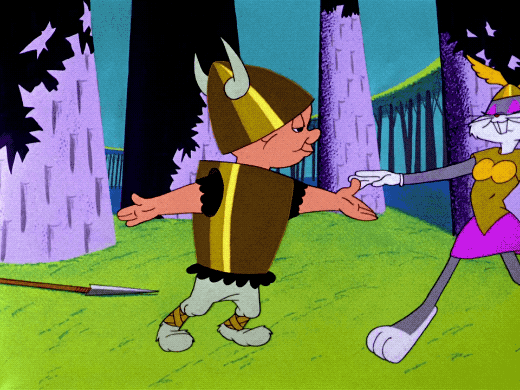
Songs under the cut
youtube
youtube
youtube
youtube
Die Walküre is the opera that made THE Viking lady, the representative character of all of opera.
youtube
youtube
youtube
youtube
youtube
youtube
#opera#opera music#tumblr polls#polls#gioachino rossini#william tell#richard strauss#capriccio#amilcare ponchielli#la gioconda#richard wagner#die walküre#alexander borodin#prince igor#charles gounod#faust#giuseppe verdi#la traviata#macbeth opera#ludwig van beethoven#egmont#nikolai rimsky korsakov#the snow maiden#Youtube
3 notes
·
View notes
Text
youtube
Arias in the dark.
3 notes
·
View notes
Text
Shows I saw in 2023 Part 9: DC Double Opera Edition

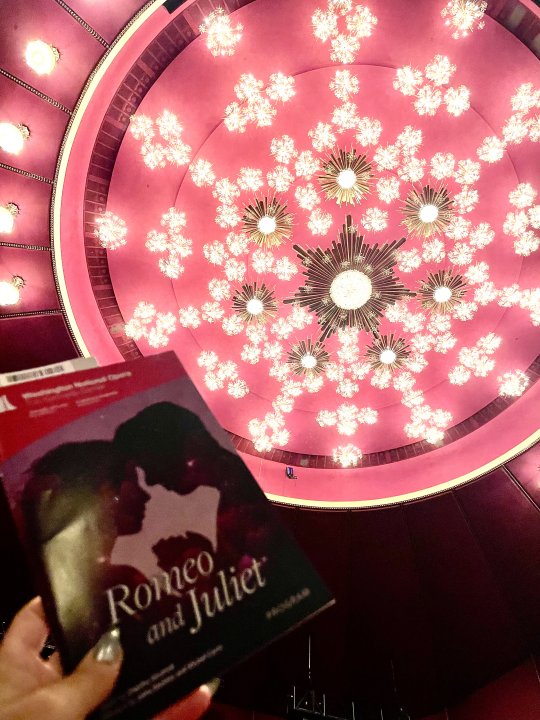
Just kicked off the 2023-2024 season at the Washington National Opera at the Kennedy Center with two very different operas:
Grounded (Tesori), a new opera that was commissioned by the Met and had its world premier in DC and will be at the Met next year,
Charles Gounod's Romeo & Juliet (shared with Glimmerglass)
Grounded I saw for free and was entertained, though I could take or leave it. It has a lot of elements that seemed like they didn't come together.
But this production of Romeo & Juliet...get on a train and go to DC to see if you're in the Northeast. My friends and I were sobbing in our little orchestra seats in between all the little old ladies who go to the opera on random weeknights like us. And of course if you're a Phantom fan you will love the design, the costumes, and of course, the opera is featured heavily in the book.
And yes, the Kennedy Center's Opera House does have the same chandeliers as the Metropolitan Opera--they were both gifted by the Austrian government.
3 notes
·
View notes
Text
youtube
2 notes
·
View notes
Text
Alexander Pirogov - Le veau d'or (Charles Gounod, "Faust")
Pirogov came from a family that boasted five sons. Four of them became singers, including Alexander's famous older brother, Grigori, also a bass. While the boys' father and grandfather both had fine voices, neither had pursued a professional career. At 15, Alexander's youthful voice simply disappeared one day. Although he was teased about the loss by his friends, his teacher insisted that someday Alexander would be singing at the Bolshoi. After the voice returned, Pirogov entered Moscow University and took singing classes at the Philharmonic School in Moscow. Following a period spent with a choral ensemble, he was engaged by the Zimin Free Opera in Moscow where, in two years time (1922 - 1924), he learned his craft and gained familiarity with several leading roles. In 1924, Pirogov was invited to join the Bolshoi. Soon he was heard as Gremin, Ivan Susanin, the Old Miller, Russlan, and Ivan the Terrible from the Russian repertory, in addition to such leading characters in Western opera as Don Basilio and Méphistophélès. The last named he reportedly learned in just two weeks. In 1929, Pirogov was honored by being assigned the title role in Boris Godunov; thereafter he was known as an unsurpassed interpreter of this mightiest of all Russian protagonists.
Establishing a reputation for hard work and meticulous attention to detail, Pirogov continued to sharpen and refine his interpretations. He arrived at the theater early, applying his makeup and stepping into costume long before he was summoned to the stage. Although many stories suggest an imperious presence in his personal affairs, others paint another portrait, revealing a friendly and outgoing approach toward his colleagues. Although he retired from the Bolshoi in 1954, Pirogov was the choice for Boris when the opera was filmed in 1955. He had already been awarded the Stalin Prize for his performance of the role and accompanied the film to Venice for the international film festival held there. Although the film was not a prizewinner, the Italian film academy struck a special medal to honor the singer.
After 1954, Pirogov spent most of his time in his native city, traveling to Moscow only for occasional appearances on-stage and in concert. When the Bolshoi was invited to La Scala in 1964, Pirogov was selected to sing Boris. However, after fishing in his beloved Oka River on a particularly hot day in late June, he returned home and retired for a nap. Awakening with chest pains in the middle of the night, he sent his son for a doctor, but by the time the physician arrived, the bass was already dead. Thus, Pirogov was denied the possibility of one final triumph.
#classical music#opera#music history#bel canto#composer#classical composer#aria#classical studies#maestro#chest voice#Alexander Pirogov#bass#Charles Gounod#Faust#Bolshoi Theatre#classical musician#classical musicians#classical history#history of music#historian of music#musician#musicians#diva#prima donna#Le veau d'or#La Scala
6 notes
·
View notes
Text
Charles Gounod (1818-93) - String Quartet in a-minor, CG. 564, I. Allegro. Performed by Quatuor Cambini-Paris on period instruments.
#charles gounod#romanticism#classical music#string quartet#strings#period performance#period instruments#chamber music#violin#viola#cello#violinist#violist#cellist#quartet
30 notes
·
View notes
Text

Charles Gounod (1818-1893) - Scene from the Faust
22 notes
·
View notes
Text
Anat Czarny - "Que fais-tu, blanche tourterelle"
youtube
2 notes
·
View notes